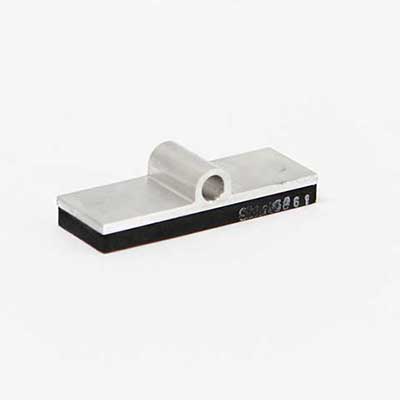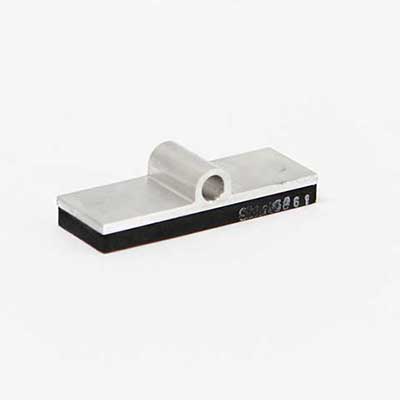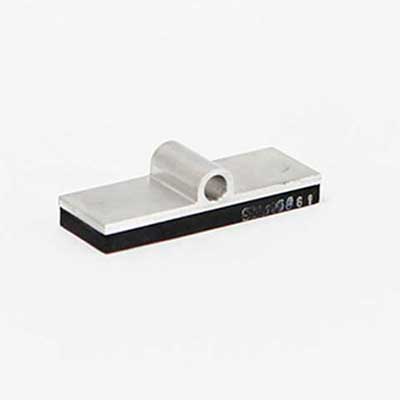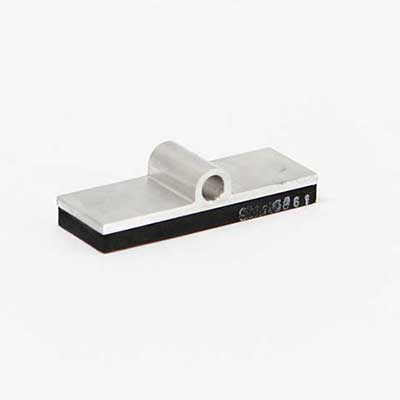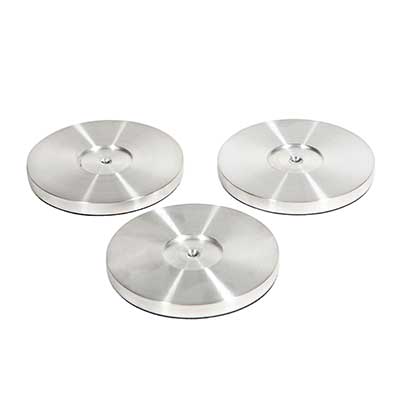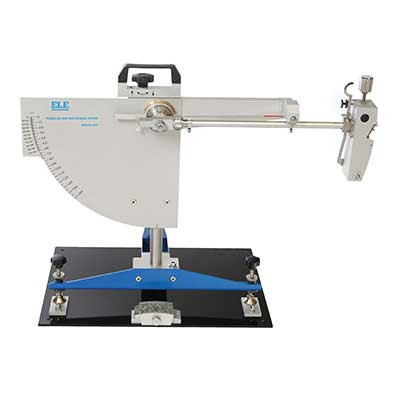
The Pendulum Skid Resistance Tester was originally designed in the 1940s in the USA, and further developed in the 1960s at the TRL (Transport Research Laboratory) for the testing of road surfaces.
The device measures the frictional resistance between a rubber slider mounted on the end of a pendulum arm and the surface to be tested. This provides road engineers with a method of checking the resistance of wet and dry surfaces to slipping and skidding, both in the lab and insitu.
It operates by a pendulum rotating about a spindle which is attached to a vertical pillar. At the end of the tubular arm a head of known mass is fitted with a rubber slider. The pendulum is released from a horizontal position so that it strikes the sample surface at a constant speed. The distance travelled by the head after hitting the sample is determined by the friction of the sample surface.

